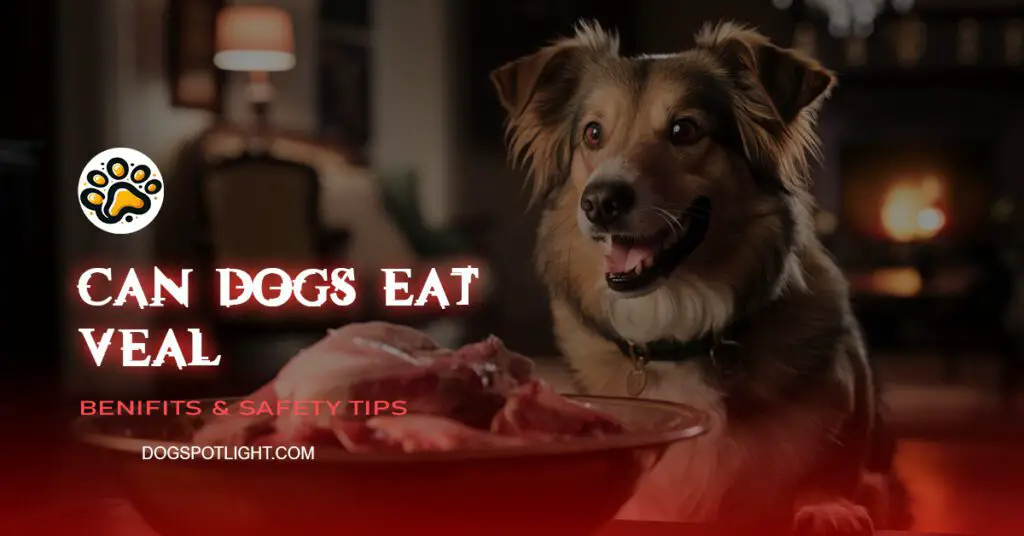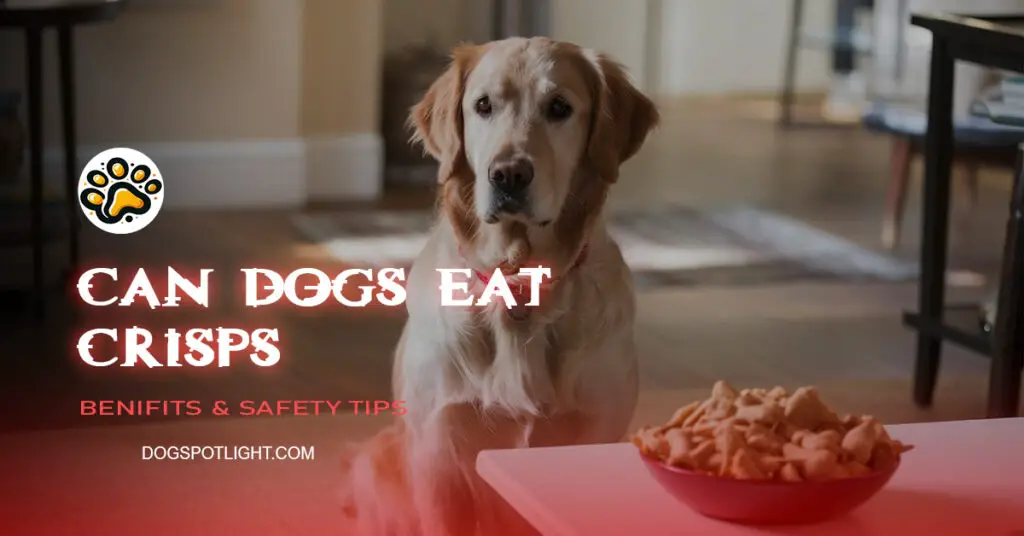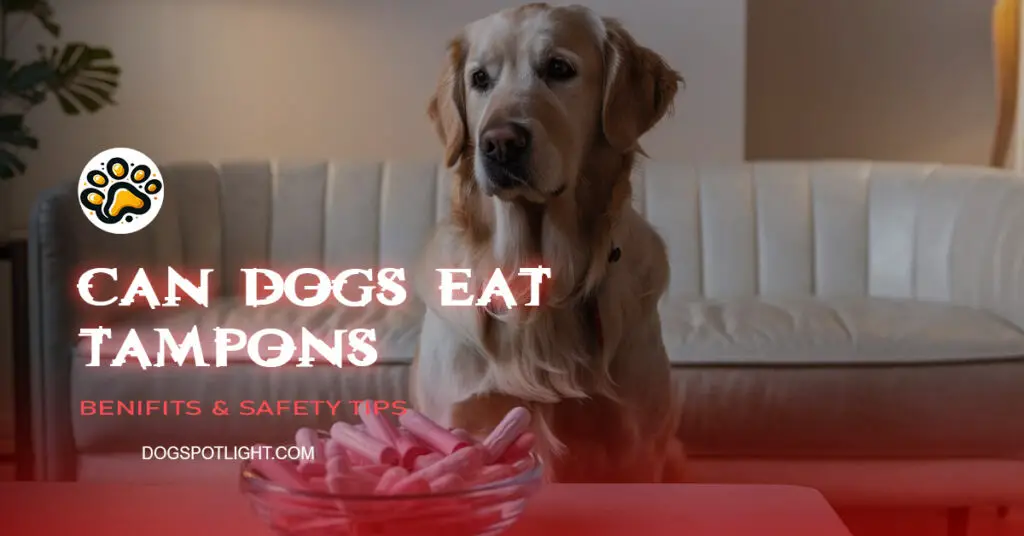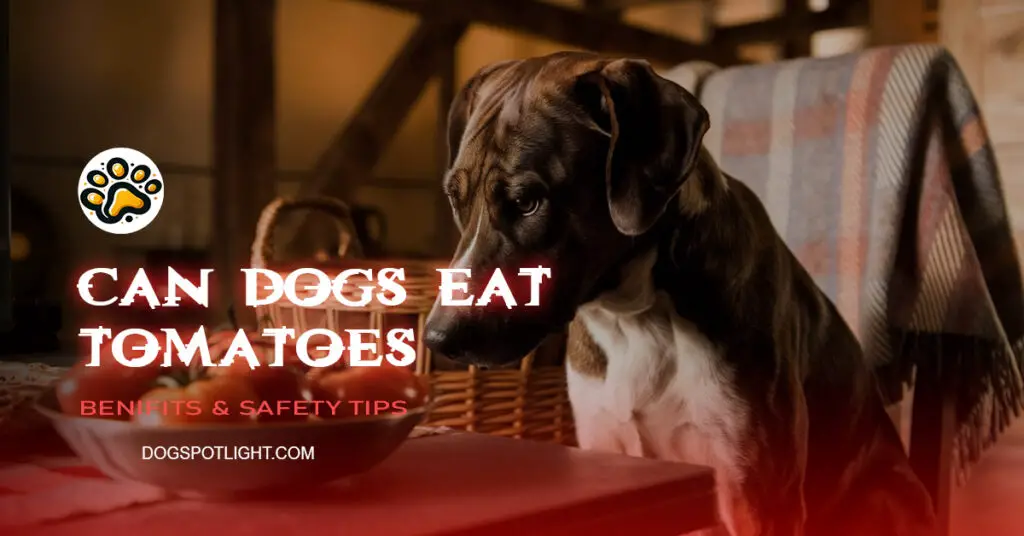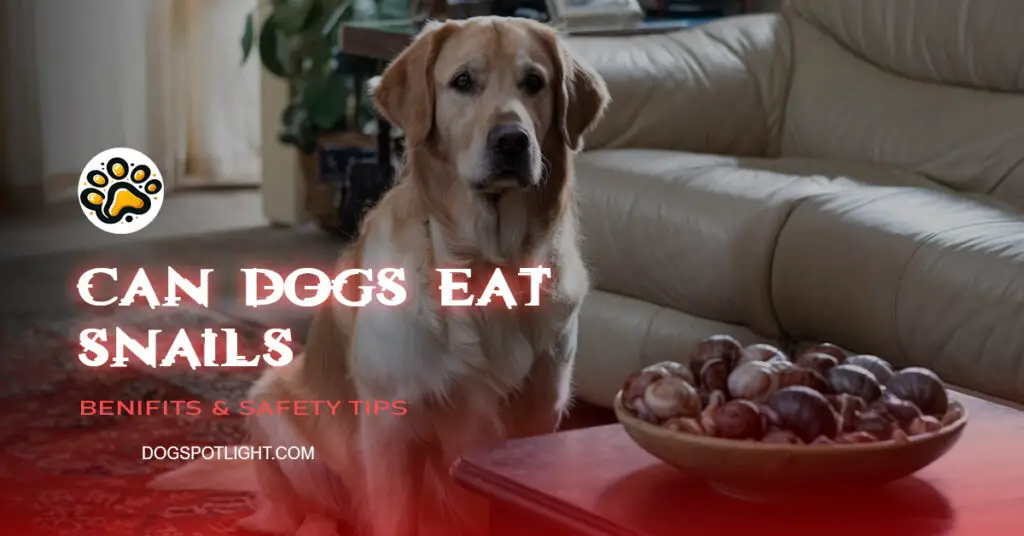Introduction
As a dog owner, it’s natural to consider the variety of foods we enjoy and whether our furry friends can partake in them. Veal, the meat from young calves, is known for its tenderness and flavor, but you may wonder, “Can dogs eat veal?” This inquiry opens the door to several questions about the safety and health benefits of veal for dogs. Is veal good for them? Can they eat it raw or cooked? What about different forms like veal liver, ground veal, or even veal bones? Each type of veal can have varying effects on a dog’s health, and understanding the potential benefits and risks is essential for making informed feeding choices for your pet. Let’s explore the ins and outs of incorporating veal into your dog’s diet.
Can Dogs Eat Veal?
Yes, dogs can eat veal in moderation. It is a good source of high-quality protein and essential nutrients. However, it should be cooked thoroughly to avoid bacteria and should be served without bones, as they can pose choking hazards. Always consult your vet before introducing new foods into your dog’s diet.
- Introduction
- Can dogs eat veal?
- What is veal?
- Is veal good for dogs?
- Can dogs eat raw veal?
- Can dogs eat veal bones?
- Can dogs eat veal bread?
- Can dogs eat veal meat?
- Can dogs eat veal liver?
- Risks of Feeding Dogs Raw Meat
- Nutritional value of veal
- Risks of Feeding Dogs Veal
- Benefits of Feeding Dogs Veal
- Benefits of Feeding Dogs Veal
- Nutritional Facts About Veal for Dogs
- FAQs:
Can dogs eat veal?
Ever thought of feeding veal on the raw dog food diet! Vets suggest that veals can be used as a good protein source for dogs, it is lighter on the stomach and easier to digest than beef.A dog needs zinc, phosphorus, and B vitamins to survive nutritionally – you can find them in veal. Nevertheless, there are cons of feeding the veal to dogs one risk factor is the possibility of bacteria combination.
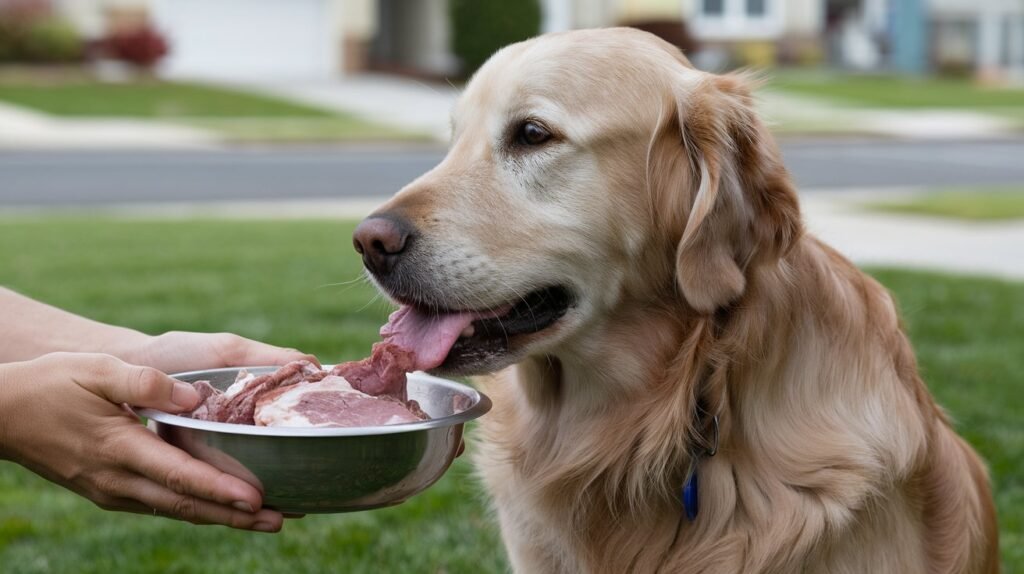
What is veal?
When dogs reach a specific development stage, it is safe to feed them veal which means the meat of male calves. Though dogs can eat veal without any danger dog owners should talk with their veterinarians about the inclusion of veal in a human-grade diet.Feeding raw veal to a dog with allergiesIf your dog happens to be allergic to an ingredient in commercialized pet foods, feeding them raw veal may help you make a better charge of their nutrient intake.Be sure to keep a close eye on him for allergic reactions or diarrhea since this is not the most digestible meat.
Is veal good for dogs?
Feeding your dog a raw diet is generally safe and healthy but feeding younger animals such as Veal for meat. Feeding veal to your dog will keep it at a healthy weight and provide the necessary energy.Veal: It is the youngest of all beefs and the easiest for dogs to digest which means they are safe. Veale has the right amino acids and meat proteins that are very good for skin and coat as well.But we still need to watch out when handing over cooked bones or giving too much veal, as it may be harmful. If you are feeding raw to your dog make sure you find out what needs they have dietarily with it and how best their nutritional requirements can be met in achieving the desired end.
Can dogs eat raw veal?
So now, raw veal outside of a private commercial establishment is not going to kill your dog but generally avoid feeding any form of meat that hasn’t been cooked due to the potential for bacterial growth.You should consult with a veterinarian before feeding your dog raw meat, to make sure that it is nutritious and safe also. On the other hand, cooked veal may be a healthier alternative source of protein for dogs if properly prepared.
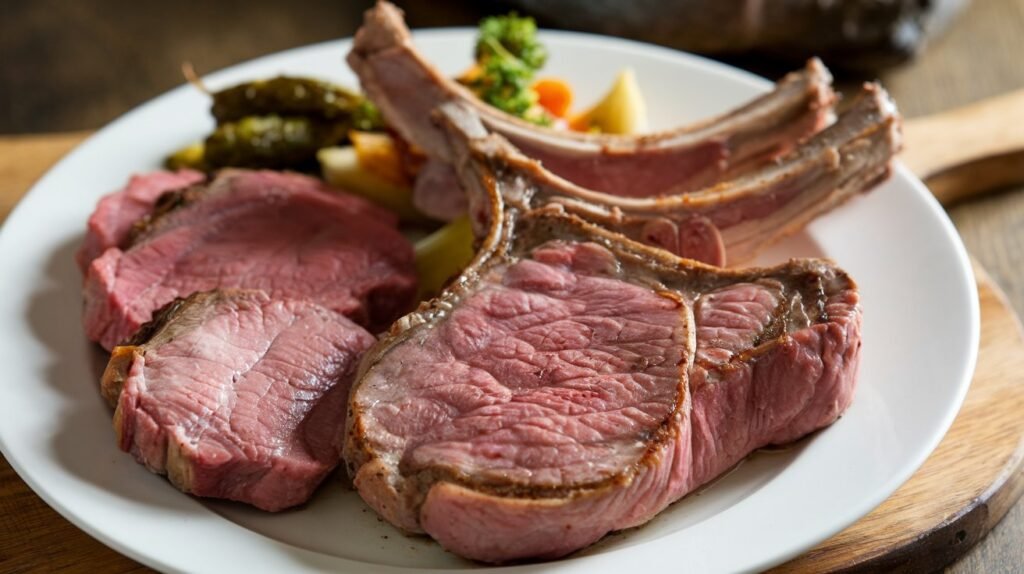
Can dogs eat veal bones?
Even if veal bones are given to dogs, they are not recommended because they splinter, and the consequences of such food consumption can be fatal. The fragments of such a bone can puncture the intestine or cut the mouth with sharp edges. In the worst case, the bone mass is digested by acid and soda, from which gas can form. If you are offered, in any case, you can only give a raw, meaty bone to your pet specially made for a dog.
Can dogs eat veal bread?
Alfred may argue that veal bread can be fed to dogs in moderation, but the food type is not the most suitable. Most veal bread products are salted or buttered, which may harm the dog.It is recommended to first test the product on the dog’s tolerance. Additionally, A veterinarian visit before incorporating any new feeds into the dog’s diet is critical.
Can dogs eat veal meat?
As long as it is eaten in moderation, the veal meat of dogs is not toxic itself. Still, you must remove any bone debris before feeding this to your pup.Veal a great source of protein can be added as part of the diet to your dog but should not make a major portion within a whole day.
As always, it’s best to consult with your veterinarian before introducing any new foods to your dog’s diet.
Can dogs eat veal liver?
Veal liver is fine for dogs to eat, but only as long as it is in moderation and accounts for their balanced diet. It provides important protein, vitamins, and minerals but only a maximum of 10% of their total diet.However, ingestion in excess can cause vitamin A toxicity, so feed it little by little. Check with your vet before incorporating any new foods into the standard of companion dog food to ensure that it’s okay for her.
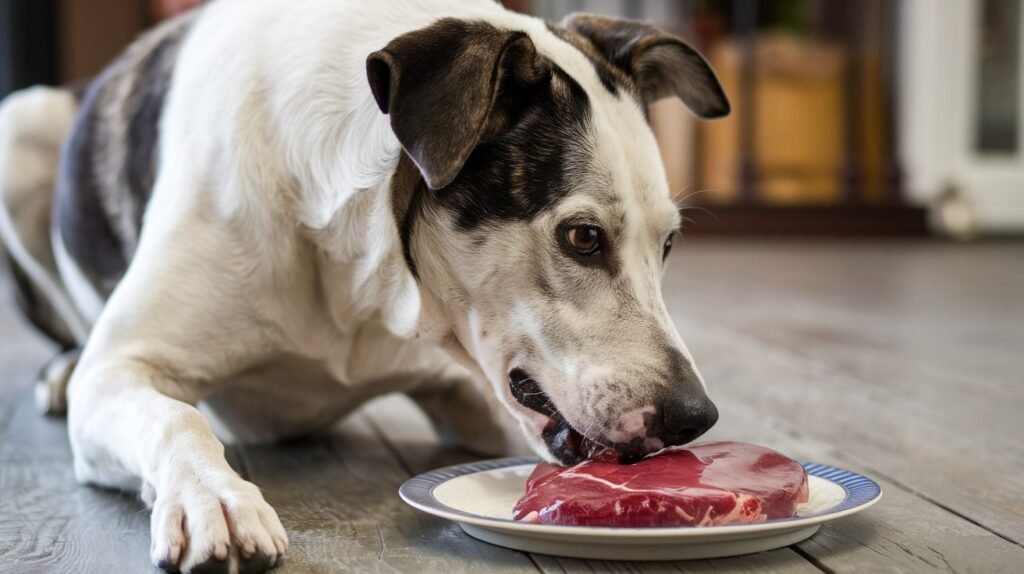
Risks of Feeding Dogs Raw Meat
- Bacterial Infections: Eating raw meat you may pick up bacteria such as Salmonella and Listeria monocytogenes. This generates foodborne health conditions in most dogs like throwing up, diarrhea in addition to fevers. There is also a danger of the spread of these bacteria to human beings if not properly hygienic.
- Nutritional Deficiencies: feeding only a raw meat diet might not be enough nutrition for dogs, and their other necessary needs. Dogs need a diet that is complete and balanced with the right protein, fat, and carbohydrate levels as well as additional vitamins and minerals. They can be prone to both deficiencies but also excesses over time if fed only raw meat.
Nutritional value of veal
| Nutrient | Value | % Daily Value |
| Calories | 172 | 9% |
| Protein | 29.7g | 59% |
| Fat | 6.7g | 10% |
| Saturated Fat | 2.3g | 12% |
| Cholesterol | 105mg | 35% |
| Sodium | 45mg | 2% |
| Carbohydrates | 0g | 0% |
| Fiber | 0g | 0% |
| Sugar | 0g | 0% |
| Vitamin B12 | 1.3mcg | 22% |
| Vitamin B6 | 0.4mg | 20% |
| Niacin | 8.6mg | 43% |
| Phosphorus | 291mg | 29% |
| Zinc | 2.4mg | 16% |
| Iron | 1.6mg | 9% |
| Potassium | 410mg | 12% |
| Selenium | 13.4mcg | 19% |
Risks of Feeding Dogs Veal
- Allergic Reactions: Some dogs may be allergic to veal, especially if they have a known sensitivity to beef. Symptoms can include skin rashes, itching, or gastrointestinal issues like vomiting and diarrhea.
- Digestive Upset: Introducing veal or any new food suddenly can cause digestive problems for dogs. This can manifest as vomiting, diarrhea, or an upset stomach. To minimize this risk, veal should be introduced gradually into the dog’s diet.
- Bacterial Contamination: Like any raw meat, veal can carry harmful bacteria or parasites that can cause illness in both dogs and humans. It’s important to cook veal properly to reduce the risk of foodborne diseases.
Benefits of Feeding Dogs Veal
- Allergic Reactions: Some dogs may be allergic to veal, especially if they have a known sensitivity to beef. Symptoms can include skin rashes, itching, or gastrointestinal issues like vomiting and diarrhea.
- Digestive Upset: Introducing veal or any new food suddenly can cause digestive problems for dogs. This can manifest as vomiting, diarrhea, or an upset stomach. To minimize this risk, veal should be introduced gradually into the dog’s diet.
- Bacterial Contamination: Like any raw meat, veal can carry harmful bacteria or parasites that can cause illness in both dogs and humans. It’s important to cook veal properly to reduce the risk of foodborne diseases.
Benefits of Feeding Dogs Veal
- High-Quality Protein: Veal is a good source of high-quality protein, which is essential for muscle development and repair. It helps maintain your dog’s muscle mass and supports overall growth.
- Rich in Iron: Veal contains a significant amount of iron, which is crucial for producing red blood cells. This can help prevent anemia and ensure that your dog’s body is well-supplied with oxygen.
- Beneficial Vitamins and Minerals: Veal is also rich in essential vitamins and minerals, such as Vitamin B12, B3, and B6, which contribute to a healthy coat, boost tissue repair, and support the proper function of your dog’s organs.
Nutritional Facts About Veal for Dogs
- Protein Content: Veal is an excellent source of protein, which is vital for your dog’s health. It provides the essential amino acids needed for muscle growth, tissue repair, and overall bodily functions.
- Vitamins and Minerals: Veal is rich in various vitamins and minerals. It contains B vitamins like B12, B3, and B6, which are important for your dog’s energy levels, coat health, and organ function. Additionally, it includes minerals such as zinc and iron, which are essential for immune system support and digestion.
Pros
Cons
Veal can be a nutritious addition to a dog’s diet, offering a digestible source of protein and essential nutrients like zinc, phosphorus, and B vitamins. While it presents potential benefits such as supporting muscle growth and providing vital vitamins and minerals, it is crucial to approach the inclusion of veal in a dog’s diet with caution due to risks such as bacterial contamination and the possibility of allergic reactions or digestive upset.

